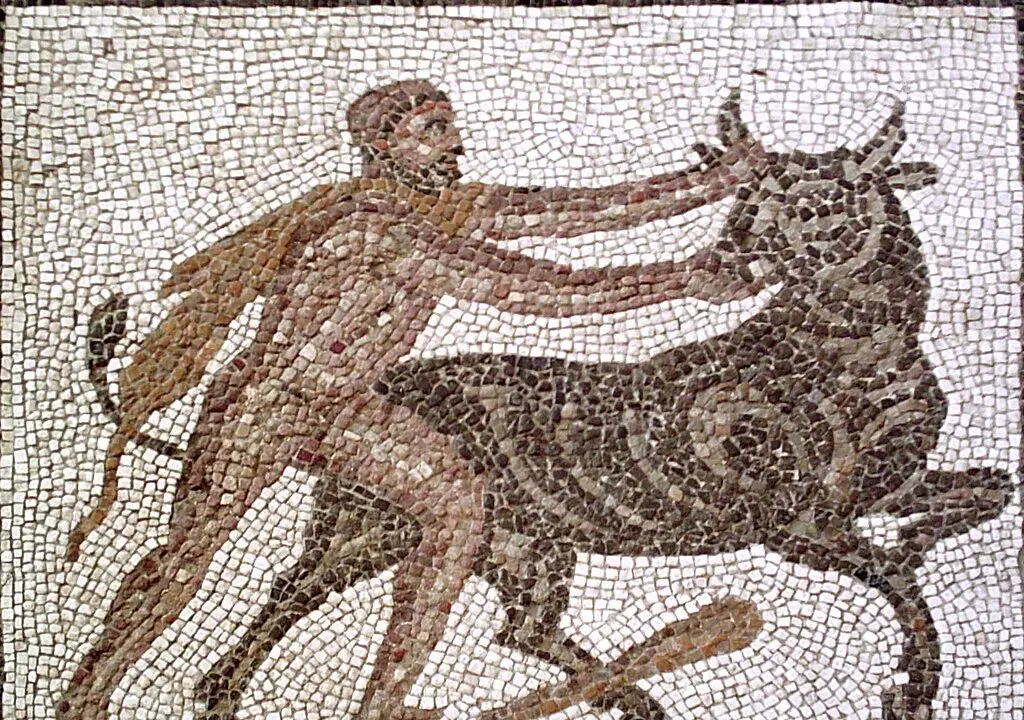Don’t you love Christmas? I do, and I am especially looking forward to it this year.
My anticipation is partly due to the two years or more of COVID restrictions and lockdowns. We’ve also been inundated with reports of climate change. This past summer we were terrified by a bout of hot weather, and the word “drought” kept appearing, along with “climate change.” Since then, we have had downpours. Now, we hear the words “floods” and, of course, “climate change.” Along with the peril of being swept away, what we are hearing about now is the terror of Avian flu!






